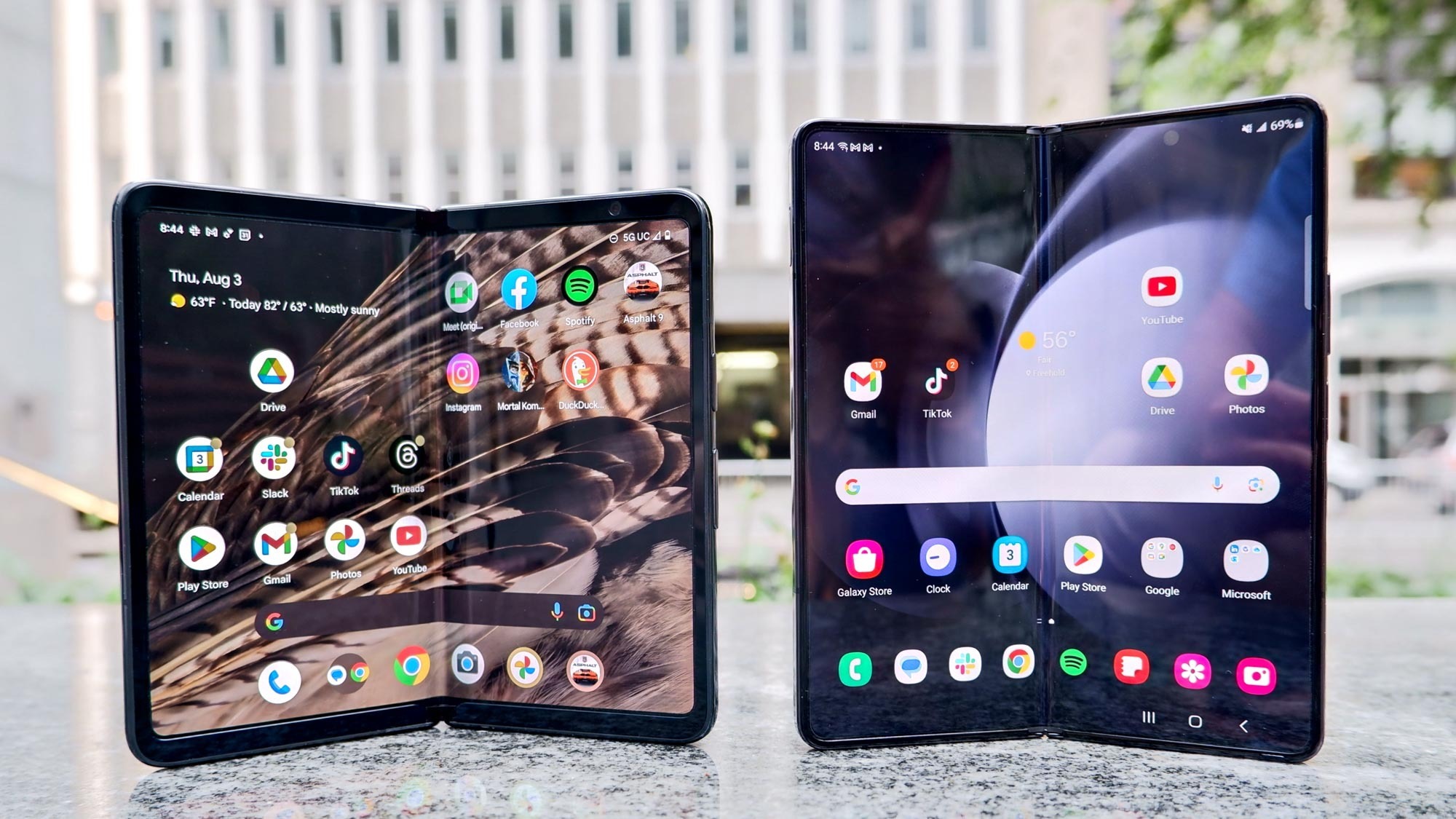
Samsung had its time in the spotlight making some of the best foldable phones. However, last year proved too overwhelming as its rivals finally delivered the goods to give Samsung a run for its money. That’s why we’re eager to look into how a Samsung Galaxy Z Fold 6 vs. Google Pixel Fold 2 face-off shapes out because they’re two of the best foldable phones we expect to see hit the market first in 2024.
Google’s first Pixel Fold was a solid effort, especially thanks in part to how it was one of the first to market with a gapless hinge design. With the Pixel Fold 2 (or perhaps renamed to the Pixel 9 Pro Fold), it’s Google’s chance at making refinements befitting of a worthy follow-up successor.
While Samsung’s foldable phone came out on top in our Galaxy Z Fold 5 vs Pixel Fold face-off, it was bittersweet because it exposed Samsung’s weakened grasp in the foldable market. However, rumors about its subsequent successor, the Galaxy Z Fold 6, could redeem Samsung in a monumental way. Then again, things could swing in Samsung's favor it a Galaxy Z Fold 6 Ultra turns out true.
That’s why we’re taking a close look at everything we know about the rumored foldables to see which one could ultimately win.
Galaxy Z Fold 6 vs. Pixel Fold 2: Price and release
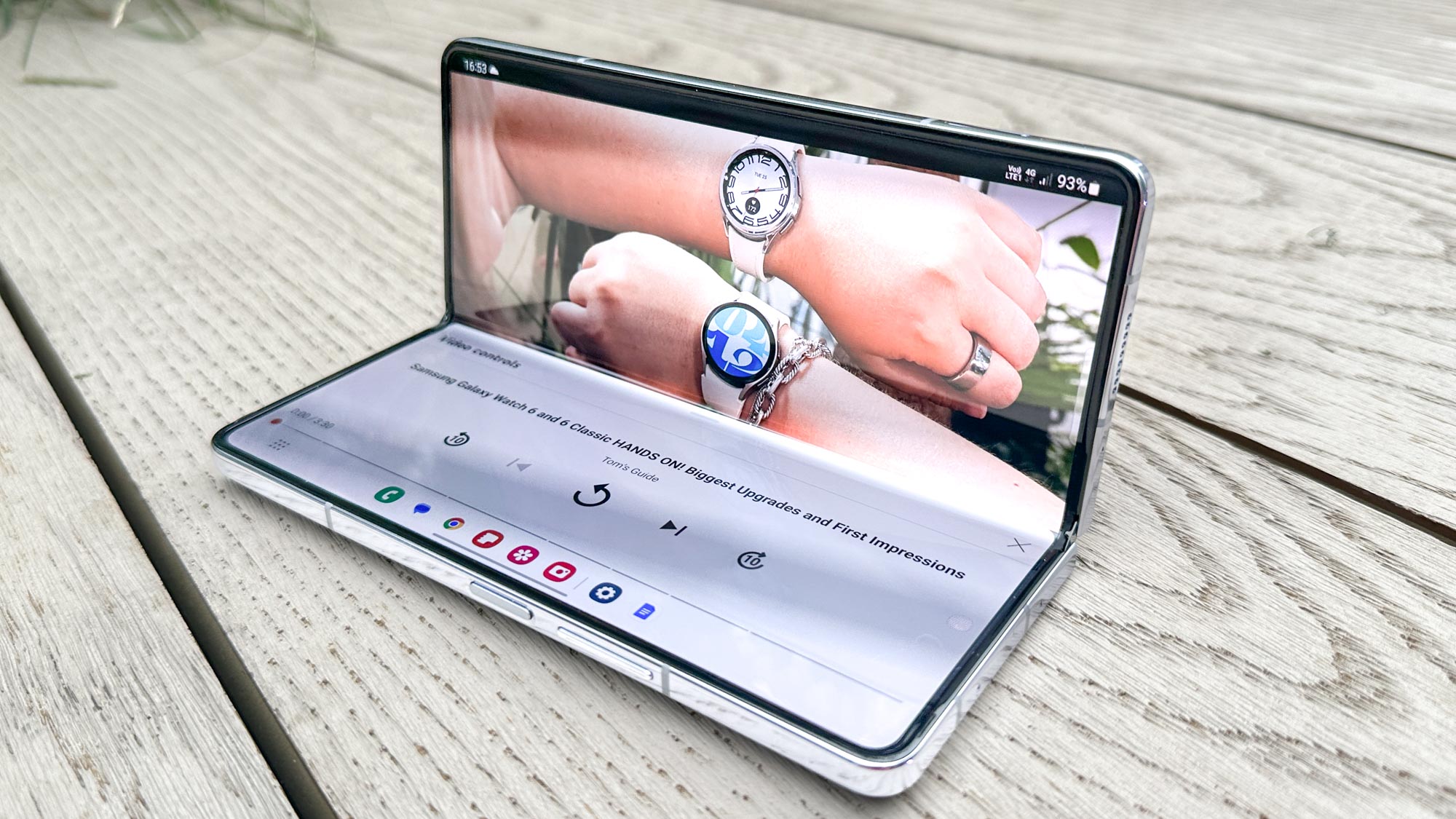
If last year’s models are any indication, the Pixel Fold 2 should launch first to mirror the late June release of last year’s Pixel Fold — whereas the Z Fold 6 is likely to come out later in August. Google I/O could be our first opportunity at a formal introduction, but that would suggest launching alongside the Pixel 9 series later in the fall. Meanwhile, we expect the Galaxy Z Fold 6 to launch late summer or early fall, much like the time frames with previous releases.
Pricing for these notebook style foldable phones will certainly be interesting, especially given how we saw how increased competition and availability helped to introduce lower cost devices. Their respective predecessors launched at $1,800, and as much as we’d love to see lower prices, it’s unlikely to happen.
For example, there would be a $500 separation between Samsung’s flagship model in the Galaxy S24 Ultra if the Z Fold 6 launches at $1,800. Google could technically undercut its rival because its flagship, the Pixel 8 Pro, sells for much less at $999. And the Pixel Fold has dropped to as low as $1,399 from Google, so it could continue to be aggressive with the new Pixel Fold 2.
Galaxy Z Fold 6 vs. Pixel Fold 2: Design and display
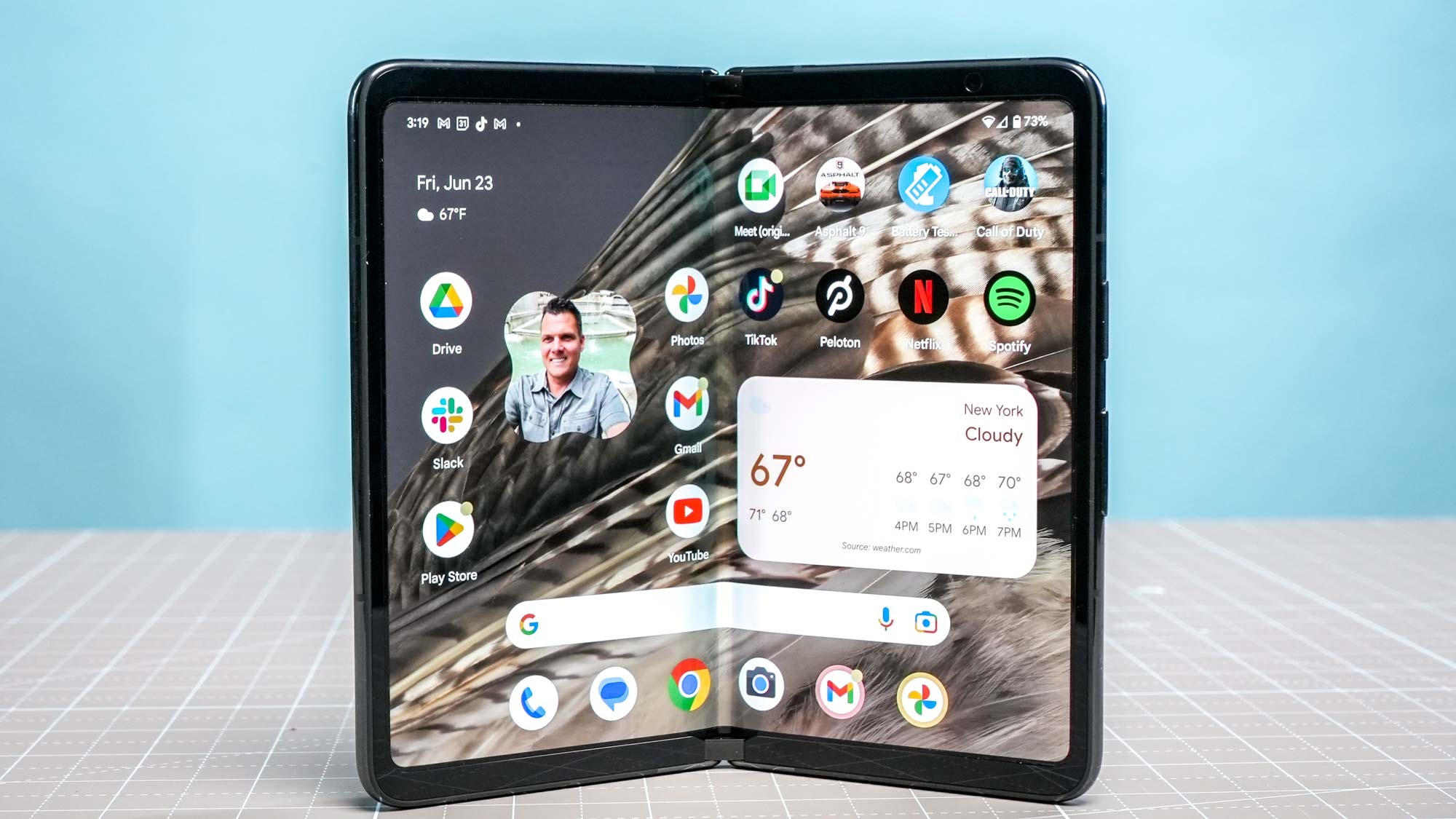
Both foldable phones should fundamentally take the same notebook styles we’ve seen previously, but what’s strange is that the Z Fold 6 appears to be taking design cues from the Pixel Fold — while the Pixel Fold 2 will adopt a narrower design similar to the Z Fold 5.
Samsung’s foldable has historically been narrower when closed, but there could be a “major form factor change starting with the Fold 6.” It’s tipped to feature a thinner design, with a wider aspect ratio with the cover screen. There have been patents indicating a design with a dockable S Pen, so it’s housed inside of the phone instead of external, but recent renders don’t indicate this.
Meanwhile, a leaked photo of what’s reportedly the Pixel Fold 2 shows a much narrower outer screen paired with a redesigned camera hump. Instead of having a horizontal hump on the back that contains its cameras, it looks like the Pixel Fold 2 could be adopting a smaller, more squarish hump that stacks one camera over the other. Leaked 360-degree videos also showcase all of these new design changes.
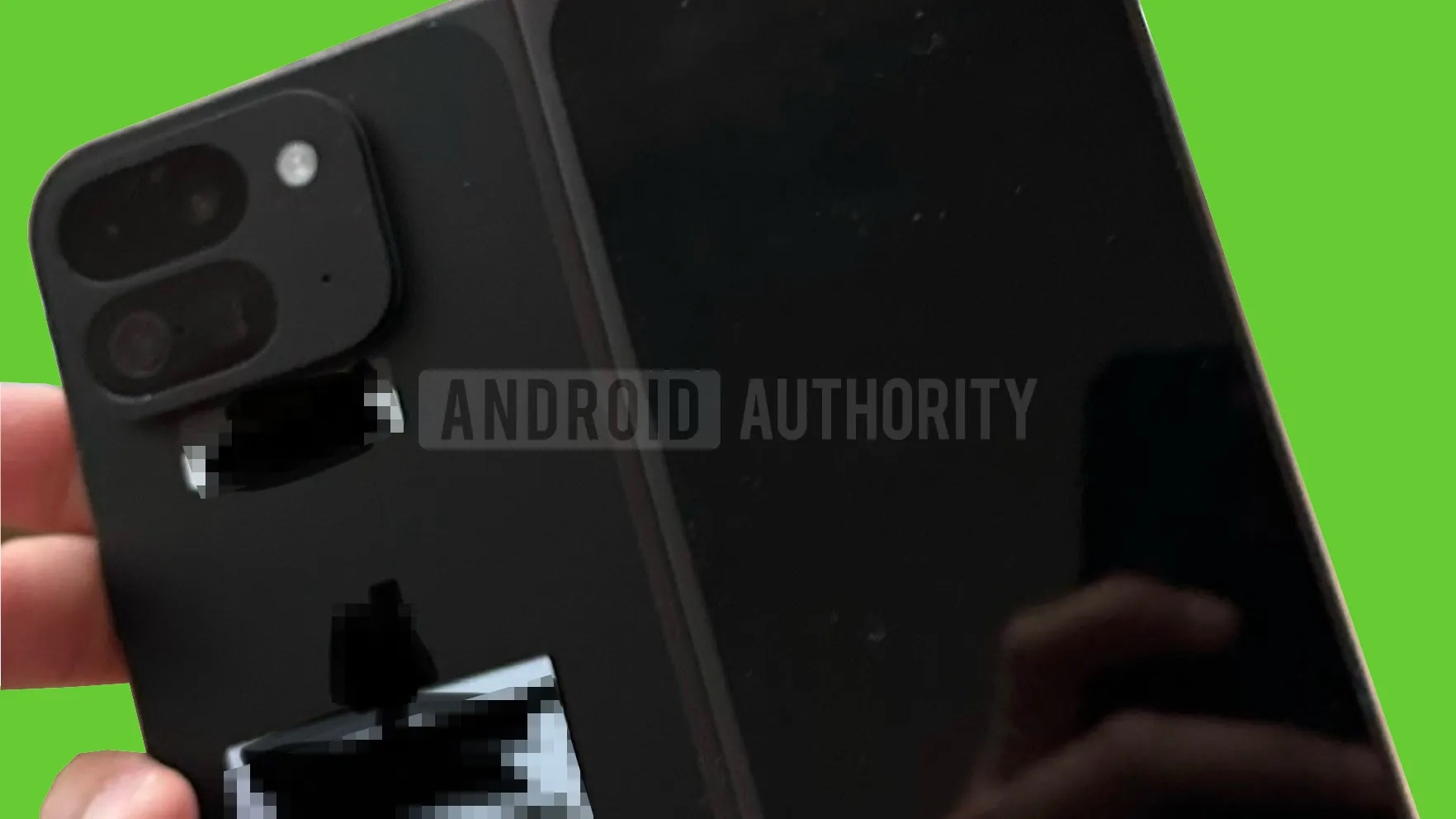
Even though their respective designs could drastically change their looks over their predecessors, we could still end up seeing similar screen sizes on both models. If these design changes do happen, it would inherently change the aspect ratios of their inner displays. For the Galaxy Z Fold 6, Samsung reportedly trademarked the term “Ironflex”, which reportedly would make the foldable OLED panel more durable — though it could be nothing more than a marketing gimmick.
There’s very little concrete news about the Pixel Fold 2’s display. At the very least, we expect a similar sized 7.6-inch inner display to match last year’s offering — along with increased brightness similar to the huge leap we saw from the Pixel 8 Pro.
Galaxy Z Fold 6 vs. Pixel Fold 2: Cameras
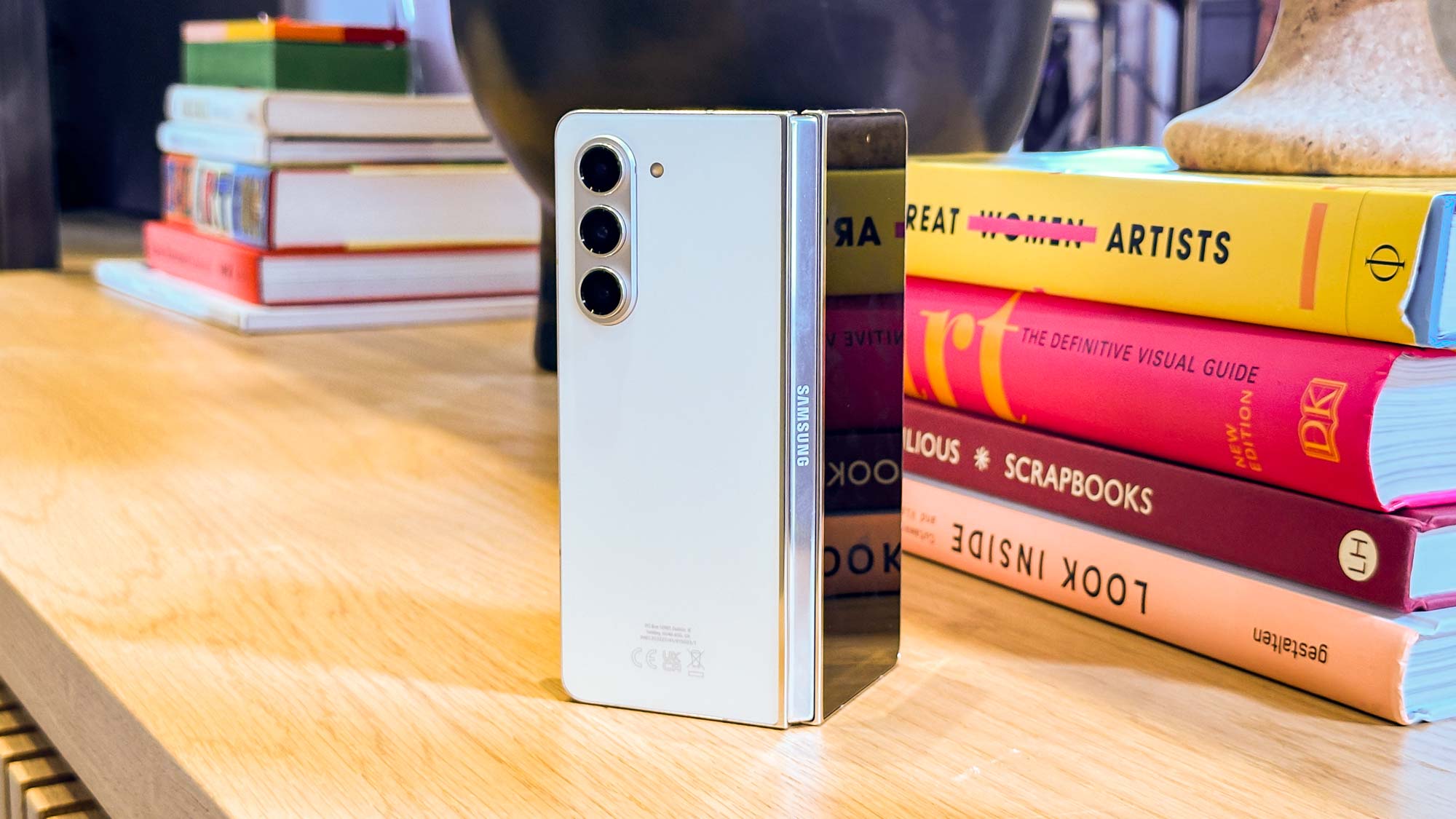
As we’ve seen with the recent Galaxy S24 Ultra, Samsung kept the camera hardware almost unchanged — and based on the early rumors so far — this could happen with the Z Fold 6 as well. The Galaxy Z Fold 5’s triple camera system consists of a 50MP main camera, 12MP ultrawide camera and a 10MP telephoto with 3x optical zoom. There’s also a 10MP outer selfie camera and a 4MP inner under-display selfie camera.
If Samsung intends to keep the cameras unchanged for the Z Fold 6, then it could be an indication that it’s leaning on AI-assisted features to enhance the camera experience. We’ve seen how Galaxy AI introduced camera features powered by artificial intelligence — like Instant Slow-Mo and Generative Edit. However, Samsung would be wise to at least increase the optical range of its telephoto camera to 5x to compete with the Pixel Fold 2.
As we saw in our face-off, the Pixel Fold’s 10.8MP telephoto camera with 5x optical zoom delivered sharper images that got us closer to subjects than the Z Fold 5. We’re hopeful that even with a redesigned camera arrangement for the Pixel Fold 2, we’ll get hearty upgrades that could make for a compelling foldable phone for capturing photos and video. We’d love to see a longer telephoto camera, but a larger camera sensor combined with pixel binning tech could be enough to elevate it.
Galaxy Z Fold 6 vs. Pixel Fold 2: Performance and battery
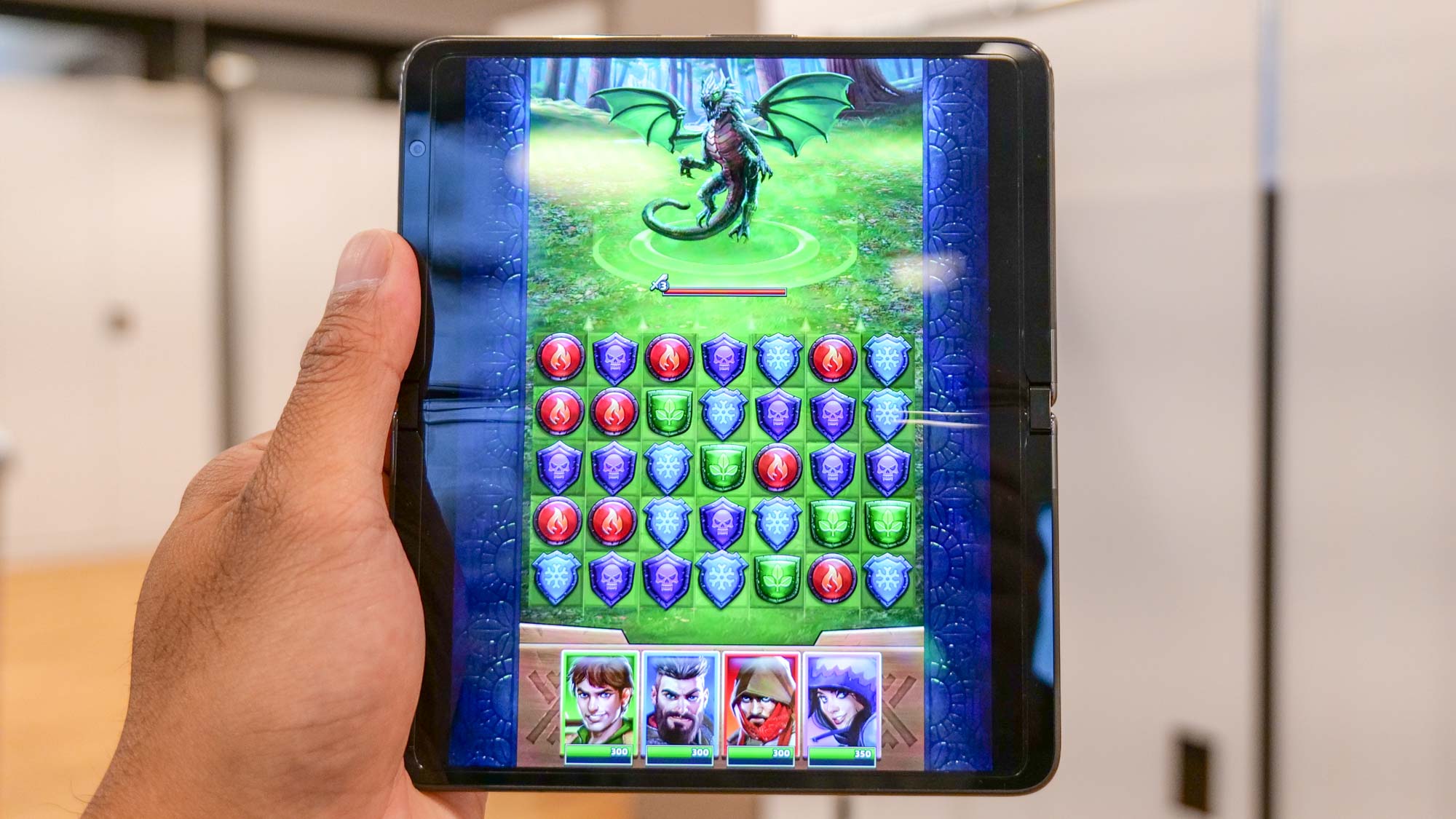
With larger displays built for productivity, these foldables are going to require silicon that can juggle around running multiple apps. Rather than employing the same Tensor G3 that powers the current Pixel 8 lineup, the Pixel Fold 2 may forgo it altogether and just go straight for a Tensor G4 chip — which the rumors allude to.
While the Pixel Fold delivered smooth responses with everyday stuff, the Tensor G2 lagged behind the competition in several synthetic benchmark tests, including those for graphics processing. One of the leading assumptions for this is the eventual cost of the Pixel Fold 2. If it turns out to be the same $1,799 price as before, a Tensor G4 chip with greater performance would make for a more compelling package.
The Galaxy Z Fold 6 should adopt the same Snapdragon 8 Gen 3 chip as the Galaxy S24 series. We’ve seen how Qualcomm’s new chipset set new performance records with Tom’s Guide’s benchmark testing of the Galaxy S24 Ultra, so we expect nothing less with the Z Fold 6. Outside of the U.S., we could see it swapped out with the Exynos 2400 chip to offset global costs for the phone.
Regardless of what happens, the Pixel Fold 2 will need to prove that the Tensor G4 is legit enough to keep up with the Snapdragon 8 Gen 3 — more so in the battery department because there was such a huge disparity between the S24 Ultra and Pixel 8 Pro. Even though their predecessors reached similar times of 10.5+ hours with Tom’s Guide’s battery benchmark test, we expect bigger gains for a Snapdragon 8 Gen 3 powered Z Fold 6. Well, that’s unless there’s a marked improvement to the power efficiency of a Tensor G4 chip.
Galaxy Z Fold 6 vs. Pixel Fold 2: Software
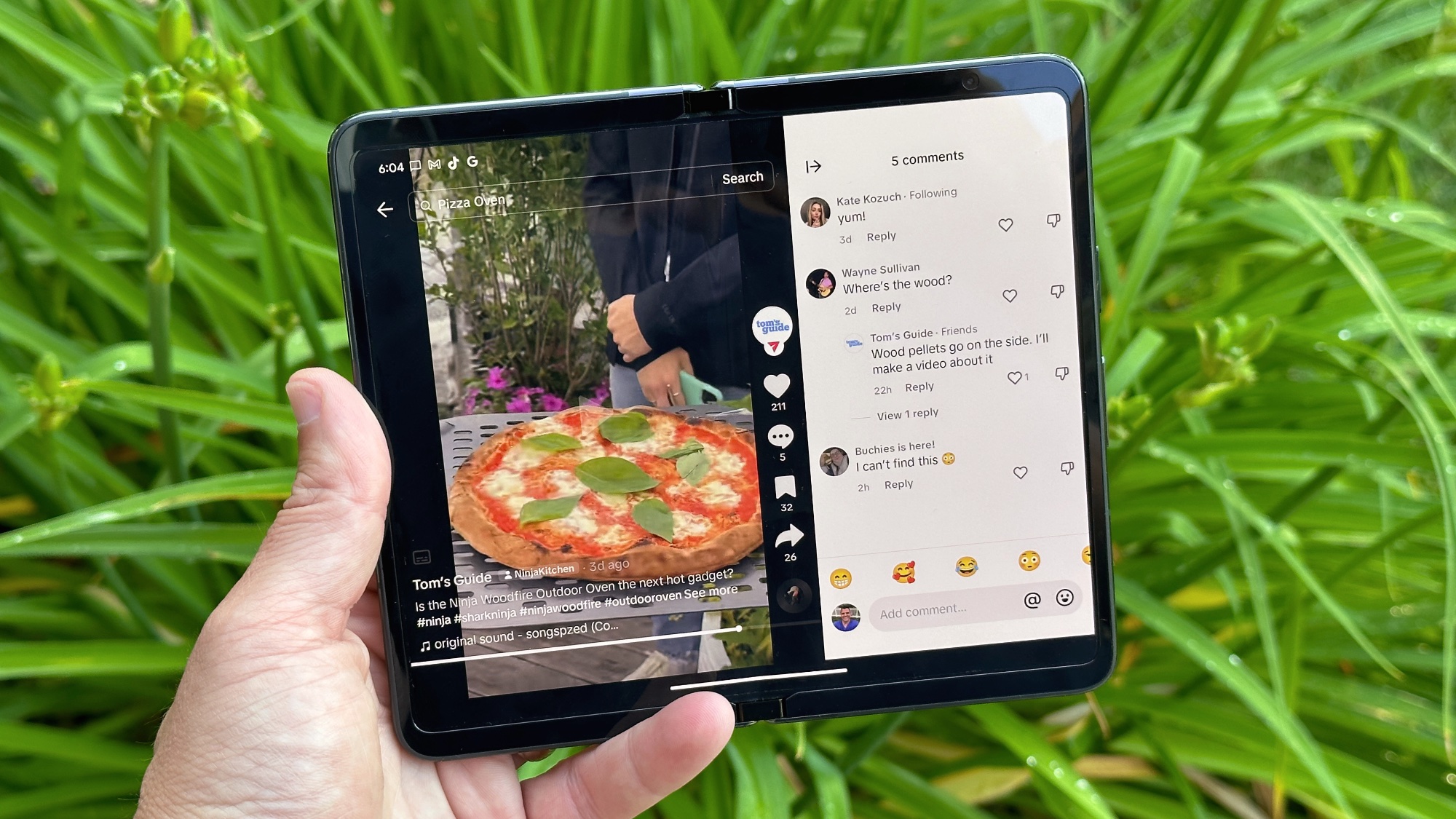
Software is without question going to take center stage with these two foldable phones. There’s been very little surrounding their respective software experiences, but we imagine AI features would take center stage. That’s because we’ve seen how AI features are redefining how we work and use our phones on the daily with the Galaxy S24 and Pixel 8 series.
It’s unknown if the Galaxy Z Fold 6 and Pixel Fold 2 will adopt all of the AI features we’ve seen already in the Galaxy S24 and Pixel 8. But considering how productivity plays a critical role, it’ll be interesting how AI could be leveraged in such a way to streamline routines.
Galaxy Z Fold 6 vs. Pixel Fold 2: Outlook
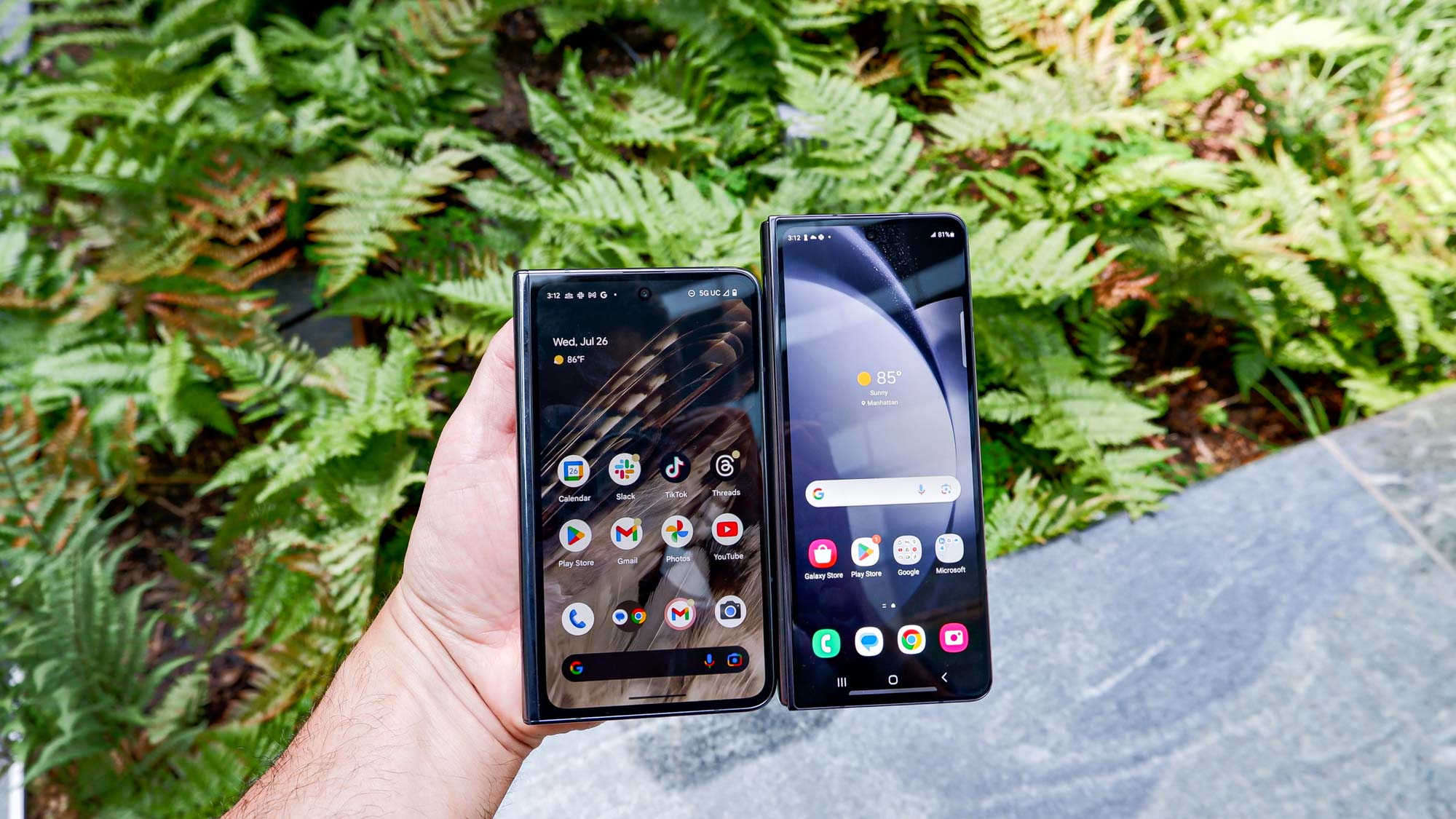
There's lots of time before we can declare a winner in a Galaxy Z Fold 6 vs. Pixel Fold 2 comparison. Samsung has more to lose this time around, so the Galaxy Z Fold 6 can’t afford to just be a standard, iterative update. The company enjoyed staying at the top of the podium, but as we’ve seen in the last year, foldables from other companies are just as good — including Google.
As for the Pixel Fold 2, Google could simply rely on a refreshed design and newer hardware to propel it over the Z Fold 6, but it’ll be more intriguing to see what AI features it leverages to set it apart. Google’s already proven to deliver intuitive AI features that work, much like how Circle to Search makes it much more intuitive to search without leaving the app you’re using. So we'll be very interested to see which AI features will be exclusive to the Pixel Fold 2 and Galaxy Z Fold 6.






